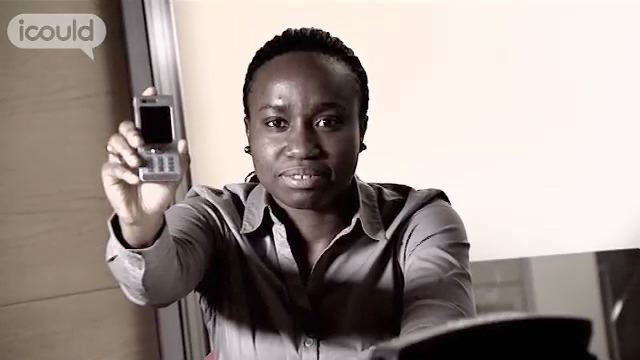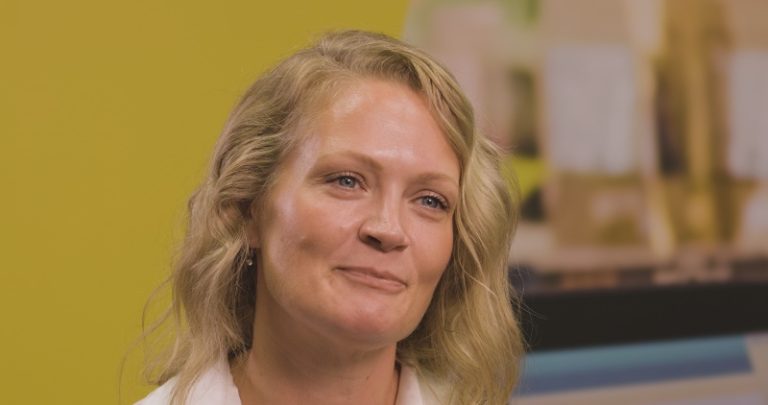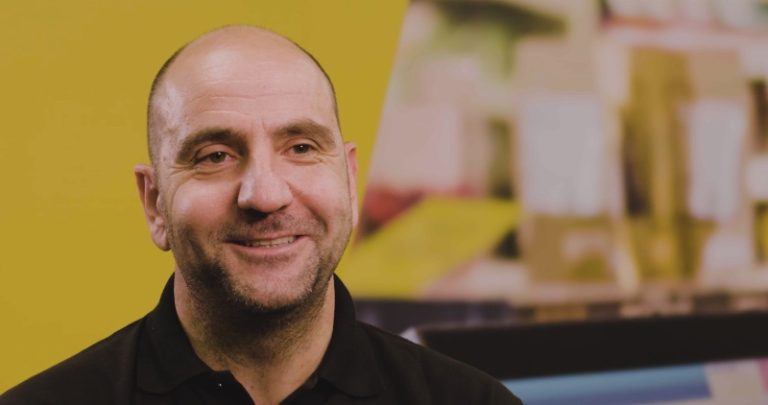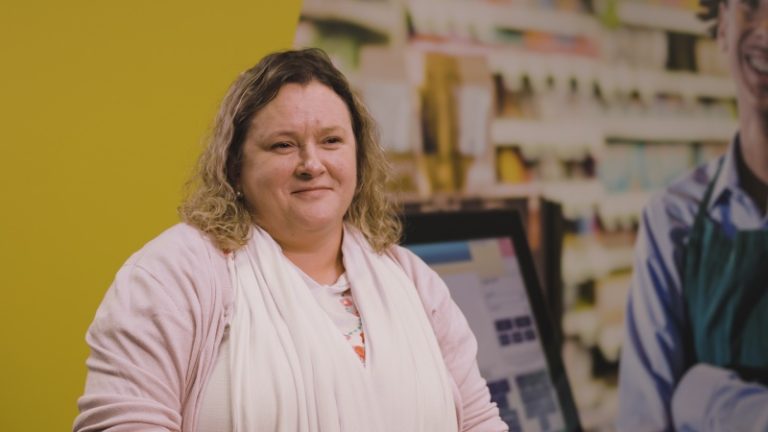Explore: Engineering
Air Accidents Investigator (aviation engineer)
Air Accidents Investigation Branch
info Issues viewing the video?
| Time Code | Audio |
| 00:00:07 | Hello, I’m Steven Connor, er and I’m an aviation engineer. I’ve been an aviation engineer now for 40 years. |
| 00:00:13 | I’m an inspector of air accidents for the Air Accident Investigation branch. |
| 00:00:19 | I started off with humble beginnings, like most people, with a, as an aviation technician er and then graduated to become an engineering officer um in the Royal Air Force. Er being in the Air Force of course took me all around the world from the Falkland Islands to Dubai and the United Emirates to Norway and er I actually spent a couple of years living in Germany um and that was fantastic. |
| 00:00:47 | When there is an accident er involving an aircraft or an incident, a near miss, where it came very close to being an accident, um I deploy to the accident site er and I look at the wreckage to see if I can help to figure out what actually went wrong. Um so I often get a call, er it could be late at night, it could be early in the morning er and I go on the road with all my um analysis kit and my um protection equipment, on to the site er and take a look around the aircraft, see if we can find out from what’s left. Often there’s um little bits left and it’s scattered over a wide area or sometimes it’s a whole aircraft and it’s came, it, it’s er, it’s only got a few minor problems. Either way, we get to have a look at the aircraft, we get to talk to the pilot, we get to talk to the people who’ve maintained it and we try and find out exactly what went wrong and why and I can tell you with any investigation, it’s never just one thing that goes wrong. There’s always a series of events that lead up to it. |
| 00:01:54 | My favourite aspects, as you can imagine, is going out to accident sites, um picking through um aeroplanes and aeroplane parts and air, air, aircraft wreckage and trying to find that one clue that takes me into the, er into the causal factor, er to find out actually why this accident occurred. Um and of course, then we recover the aircraft and the aircraft wreckage back to a hangar for, for example, then we get to look at it even closer, take it apart, maybe take the engines to a manufacturer like Rolls Royce um and strip the engine down and, and see if we can find out if the engine had anything to do with the accident, for example. |
| 00:02:37 | At the end of all of those um, all of that work, at the end of piecing bits together like a large, complex jigsaw puzzle, um we have to actually write a report and that’s the least favourite bit because you spend a long time making sure you get everything right because, when the report’s published, it goes to people who really do know what they’re doing with that aircraft, how it was operated, how it should have been operated and if you get that wrong, it’s not great for your reputation. So we spend a long time making sure our reports are complete and accurate and thorough. |
| 00:03:13 | END |
“It’s never just one thing that goes wrong. There’s always a series of events that lead up to it.” Steve investigates the cause of aircraft accidents. He joined the RAF aged 19 and trained as an aircraft technician. Steve went on to become an RAF engineer, gaining a degree in electrical systems engineering and later a Master’s degree in the process.
More information about Electronics engineers
Data powered by LMI For All
£44,720
average salary
The UK average salary is £29,813
43
average weekly hoursThere are 37.5 hours in the average working week
87%
male
13%
female
The UK workforce is 47% female and 53% male
Future employment
Future employment
Description
Electronics engineers undertake research and design, direct construction and manage the operation and maintenance of electronic motors, communications systems, microwave systems, and other electronic equipment.
Qualifications
Electronics engineers usually possess an accredited university degree or equivalent qualification. After qualifying, periods of appropriate training and experience are required before membership of a chartered engineering institution is attainable. Incorporated engineers possess an accredited university degree, BTEC/SQA award or an apprenticeship. All routes are followed by periods of appropriate training and relevant experience.
Tasks
- Undertakes research and advises on all aspects of telecoms equipment, radar, telemetry and remote-control systems, data processing equipment, microwaves and other electronic equipment
- Conceives and develops engineering designs from product ideas in electronics engineering
- Determines and specifies appropriate production and/or installation methods and quality and safety standards
- Organises and establishes control systems to monitor performance and evaluate designs
- Tests, diagnoses faults and undertakes repair of electronic equipment
Employment by region
Top 10 industries for this job
Computers, etc
5504
Telecommunications
4062
Architectural & related
3853
Retail trade
3359
Coke & refining; Chemicals,etc
2552
Construction
2081
Head offices, etc
1935
Electrical equipment
1916
Machinery, etc
1715
Arts & entertainment
1529
Employment status
Related career stories
⇦
⇨







